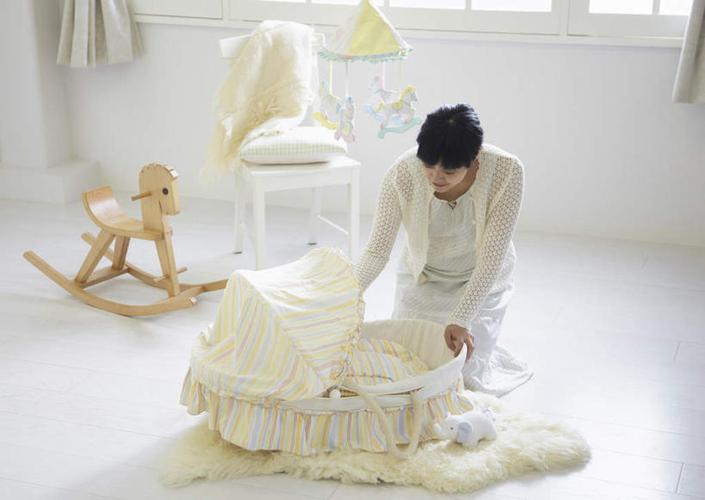When the baby is about six months old, frequent spitting up may cause concern for parents. In this situation, adjustments to feeding strategies can be tried to ease the issue. It is recommended to adopt a method of small, frequent feedings to avoid the baby ingesting too much milk at once. After feeding, keep the baby in a lying position, which helps reduce spitting up. Additionally, regularly doing passive exercise with the baby not only promotes parent-child interactions but can also enhance the baby’s physical fitness to some extent.
The common reasons for baby spitting up are related to their still-developing stomach structure. An infant’s stomach is horizontally positioned, has a limited capacity, and the lower esophageal sphincter is relatively loose, making it difficult to effectively prevent the backflow of milk. Furthermore, during feeding, the baby may swallow too much air, eat too quickly, consume too much milk, have intervals between feedings that are too short, or immediately engage in activity or lie down after feeding, all of which may contribute to spitting up.
To prevent and address the issue of spitting up, parents can take the following measures:
Gently pat the baby’s back after feeding to help expel any excess air swallowed.
Ensure that the size of the nipple hole on the bottle is appropriate to prevent milk flow that is too fast.
Implement a feeding plan of small quantities and multiple meals.
Avoid vigorous activity after meals, maintaining a brief period of quiet.
Allow the baby to lie back gently at an angle of about 30 to 40 degrees after feeding, for about half an hour, which helps reduce spitting up.
For newborns, breastfeeding is the recommended choice as it is easier to digest. Whether breastfed or formula-fed, care should be taken not to lay the baby flat immediately after feeding, but to burp them first. The correct burping posture is to hold the baby up at an angle of 30 to 60 degrees and gently pat their back for 3 to 5 minutes. Afterward, the baby’s head can be slightly elevated and positioned to sleep on the right side, which helps prevent spitting up.
In bottle feeding, selecting the appropriate nipple size is crucial to avoid the hole being too large, which would lead to the baby swallowing air. Control the amount of milk given at each feeding, ensuring that the difference in volume between the two feedings does not exceed 10 milliliters, while also making sure there is sufficient milk in the bottle to avoid swallowing air. Adhering to the principle of small, frequent feedings has a positive effect on reducing baby spitting up.


